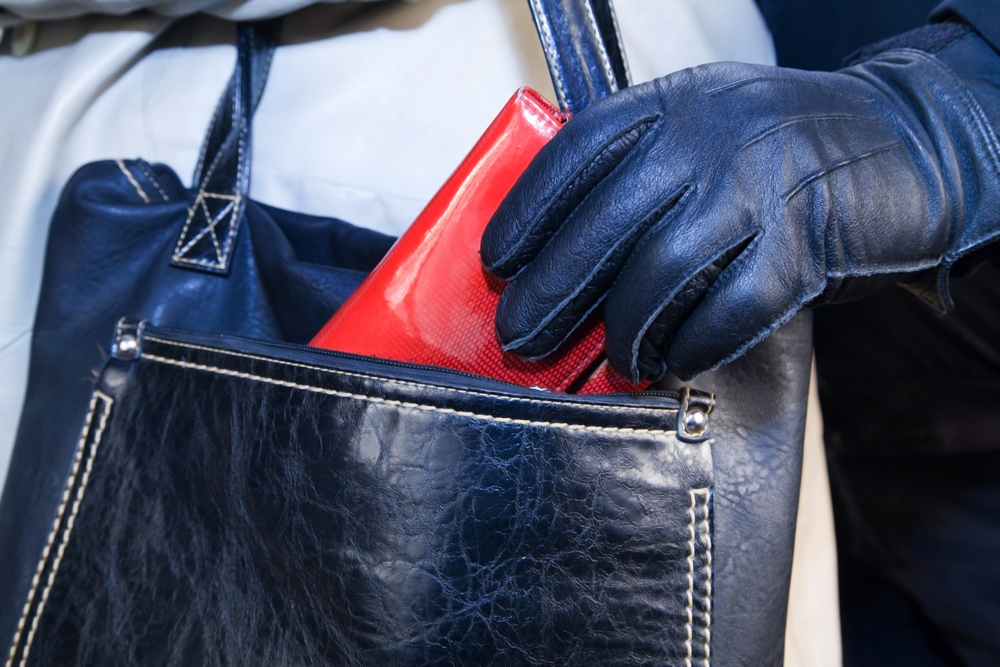EOS User Posts Private Key Online, Dares Critics to Steal Funds

It’s a truth universally acknowledged that one should never expose their private keys to another individual or an untrusted piece of software. However, one EOS backer is putting that worldview to the test.
On Friday, anonymous Steemit user “eosinsider” levied a challenge to the nascent cryptocurrency’s critics: here’s my private key — steal my funds.
The private key — 5K5V1MY4iPBvT1vZ8rdX89JVDMJXosmRqKGoUxCfYaVck69qNU2 — belongs to an account aptly named “yostealmyeos,” which is currently holding 5 EOS, hours after it was first published online.
While noting that this challenge is an experiment with low stakes — the tokens are currently worth about $45 — eosinsider said that they felt confident posting their private key online due to features built into the EOS protocol and on-chain governance model that are designed to protect users from scammers and other thieves.
One of these is the platform’s arbitration process, which allows victims of theft and other malicious activities to appeal their cases to an arbiter such as the EOSIO Core Arbitration Forum (ECAF). If ECAF rules in a user’s favor, the organization has the constitutional authority issue an order to block producers — the entities who process EOS transactions — to freeze malicious accounts and recover the user’s funds.
Supporters say that this sort of on-chain governance is necessary if a cryptocurrency ever hopes to achieve mass-scale adoption, which will involve onboarding millions — perhaps billions — of users who have no interest in learning the finer points of blockchain security. However, this governance model is not without its critics.
As CCN.com reported, block producers ignited a firestorm in cryptocurrency circles when, just days after the launch of the EOS network, they froze seven accounts that allegedly contained funds acquired through phishing scams.
“Consensus by conference call,” said one critic , alluding to the fact that block producers have used this communication medium to debate important decisions. “Civil asset forfeiture meets blockchain,” said another .
The action is even more controversial given that it was, arguably, enacted in violation of the EOS constitution since ECAF did not issue an order to freeze the accounts until two days after the block producers had already done so.
Nevertheless, the controversy which this action engendered did not serve as a deterrent, and block producers froze another 27 accounts on Friday in response to an ECAF order, which gave no justification other than a statement that the “logic and reasoning for this Order will be posted at a later date.”
Featured Image from Shutterstock
